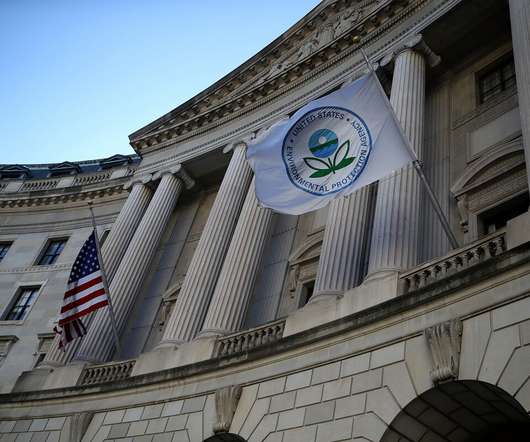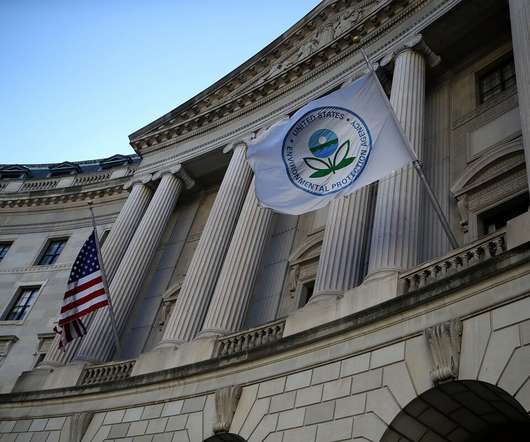EPAs GHG Standards for Light-Duty Vehicles; Special Credits To Encourage PHEVs, BEVs and FCVs
Green Car Congress
APRIL 2, 2010
Yesterday, the US Environmental Protection Agency (EPA) and the National High Traffic Safety Administration (NHTSA) jointly established increasingly stringent greenhouse gas emission standards under the Clean Air Act for 2012 through 2016 model-year vehicles and fuel economy standards under the Corporate Average Fuel Economy program, respectively.












Let's personalize your content